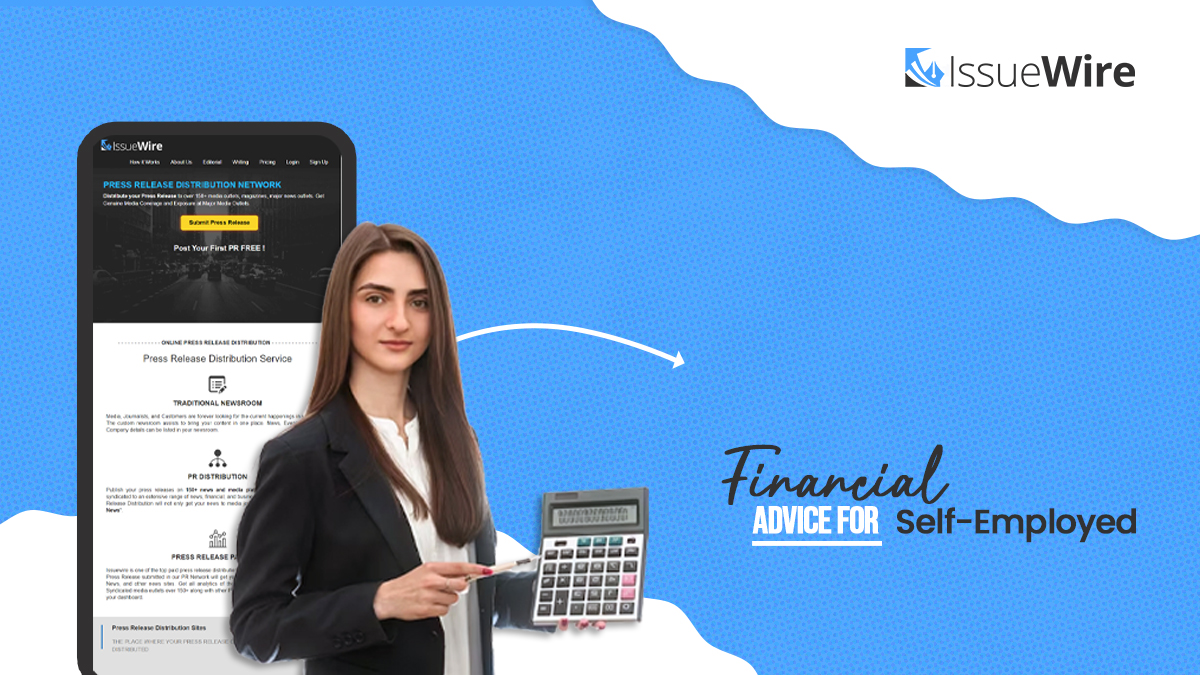Self-employment is an ever-increasing spectrum of the global population which is why it is imperative to create financial robustness among them. On the self-employment front, there are usually three categories: entrepreneurial millennials, gig workers, and traditional family-run businesses. Self-employment comes with its own set of challenges and financial risks as they do not enjoy benefits like travel allowance, provident funds, medical insurance covers, or paid sick leaves that are offered in an organized labor force. Therefore, financial preparedness plays a key role for them.
To stay on top of their financial game, there are certain tips that self-employed individuals can follow for personal and professional success.
● Separating Personal and Business Accounts
For self-employed individuals with only one account, it can be difficult to keep track of incomes, personal expenses, business expenses, and investments, and this can lead them to overspend or get confused as to what their current budget is. Therefore, it is important to have two separate accounts- one personal and the other for business, to get into a strict financial disciple and keep a precise measure of all incomes and expenditures. It not only facilitates saving for future expenses and needs but also prevents the individual from losing all their money in case of a crisis or fraud.
● Seeking the Help of a Financial and Tax Consultant
When an individual runs his/ her business without a deep understanding of budgeting, it is easy for them to be tempted to put all their money into the business to grow it further without thinking about the consequences. However, incurring losses is an inevitable aspect of running a business and personal financial preparedness and stability is the only key to preventing an individual from losing all their money in such scenarios. It is therefore advisable for them to seek the help of a financial and tax consultant to help them organize their finances with an objective view. However, before hiring someone and trusting them with your money, run a thorough background check on them and ask for their portfolio.
● Maintaining Financial Transparency with Family Members
In self-employment enterprises, keeping family members in the loop and maintaining financial transparency with them is important to remain prepared in case of any emergency. This is especially important in aspects of investments where there is a joint holding and in case of nominations so they are aware of how to proceed later on when the situation arises. Seeking the help of financial advisors is recommended in such circumstances.
● Keep aside a Certain Percentage for Bills and Taxes
Unlike formal employees, taxes do not get subtracted from a self-employed individual’s paycheck; they have to determine their payable taxes all by themselves. Setting aside a good 25-30 percent of the salary and filing the taxes quarterly is advisable to prevent getting piled with huge tax bills and to avoid being penalized. Setting another 20 percent aside for monthly bills can also prove effective in financial management.
● Set Up an Emergency Fund
As previously mentioned, losses and monetary crises are undeniable banes of running a business. Therefore, ensure that you save enough money to sustain you for six to eight months in case of emergency. It becomes even easier to deal with the problem if you have some extra funds to back you.
● Save for Retirement
Self-employment does not come with retirement benefits and old-age pensions, so individuals have to set some money aside for the future. Though the amount of money one wishes to set aside for retirement is subjective, starting with 5-10 percent of the monthly income is a good idea.
● Investments
Individuals can plan long-term wealth accumulation in the form of investments in bonds, mutual funds, guaranteed plans, and others. But this must be done only after gaining a thorough knowledge of the same and guidance from expert financial advisors.
Apart from these steps, one can learn to control their cash flow by dividing their income and paying themselves a salary after keeping money aside from their income. Self-employed individuals have to be financially prepared for anything and the earlier one starts managing finances, the better.








